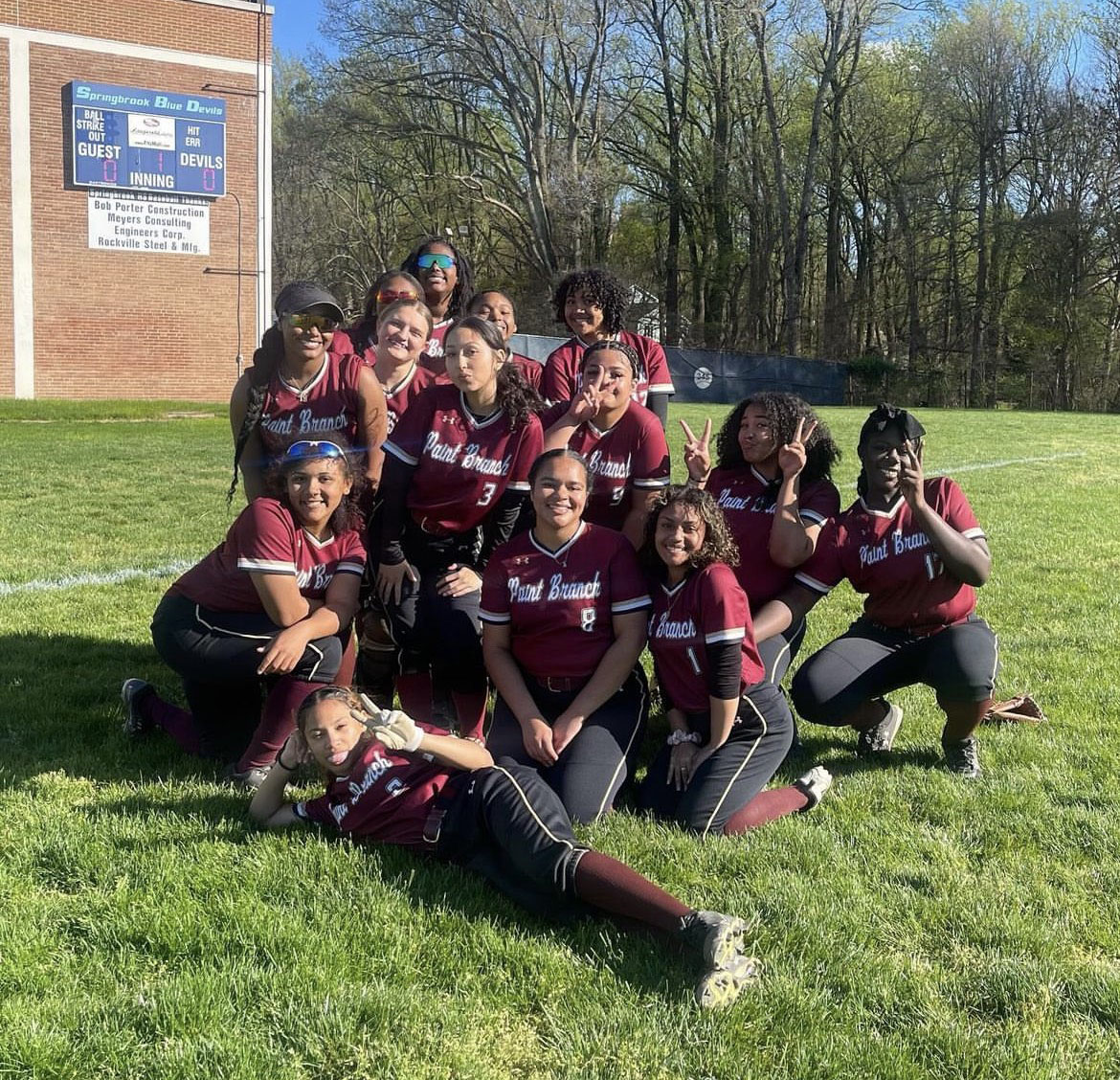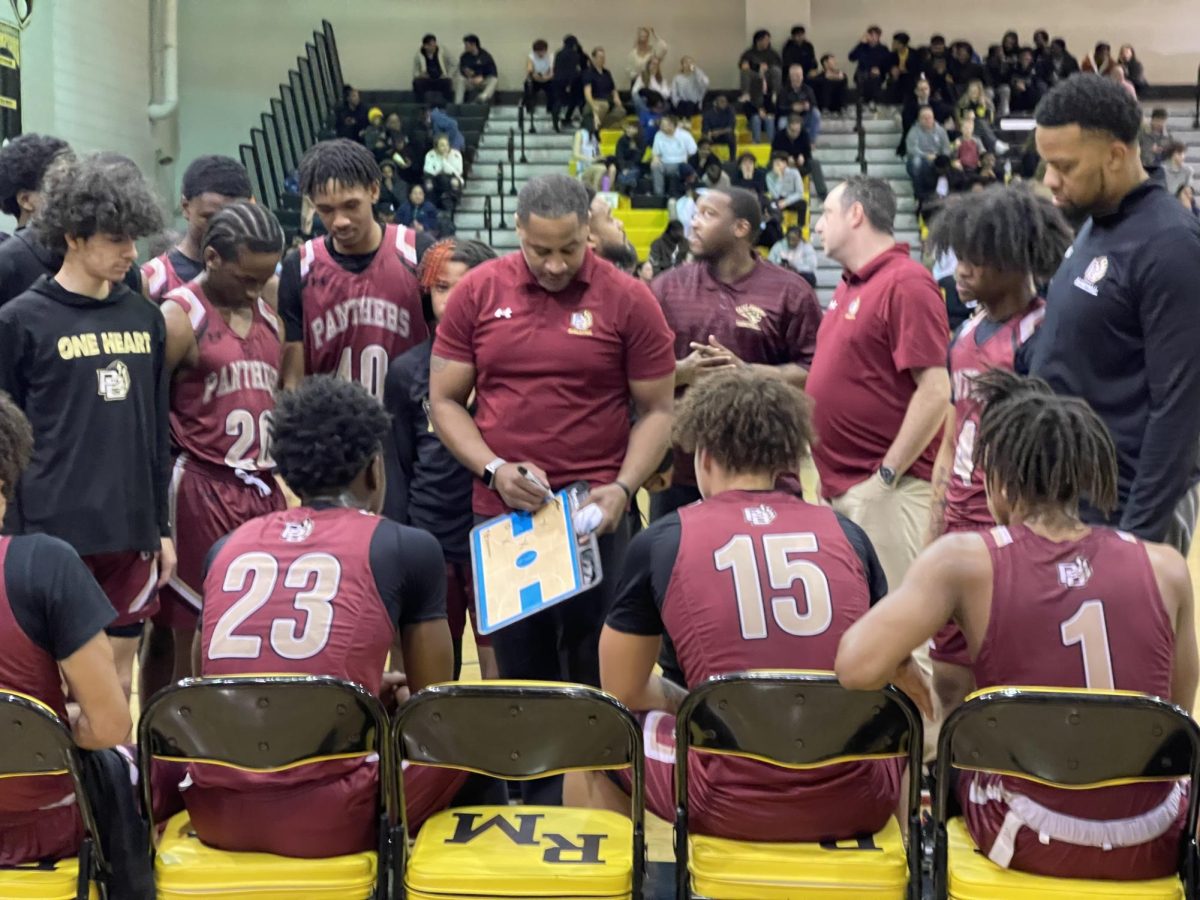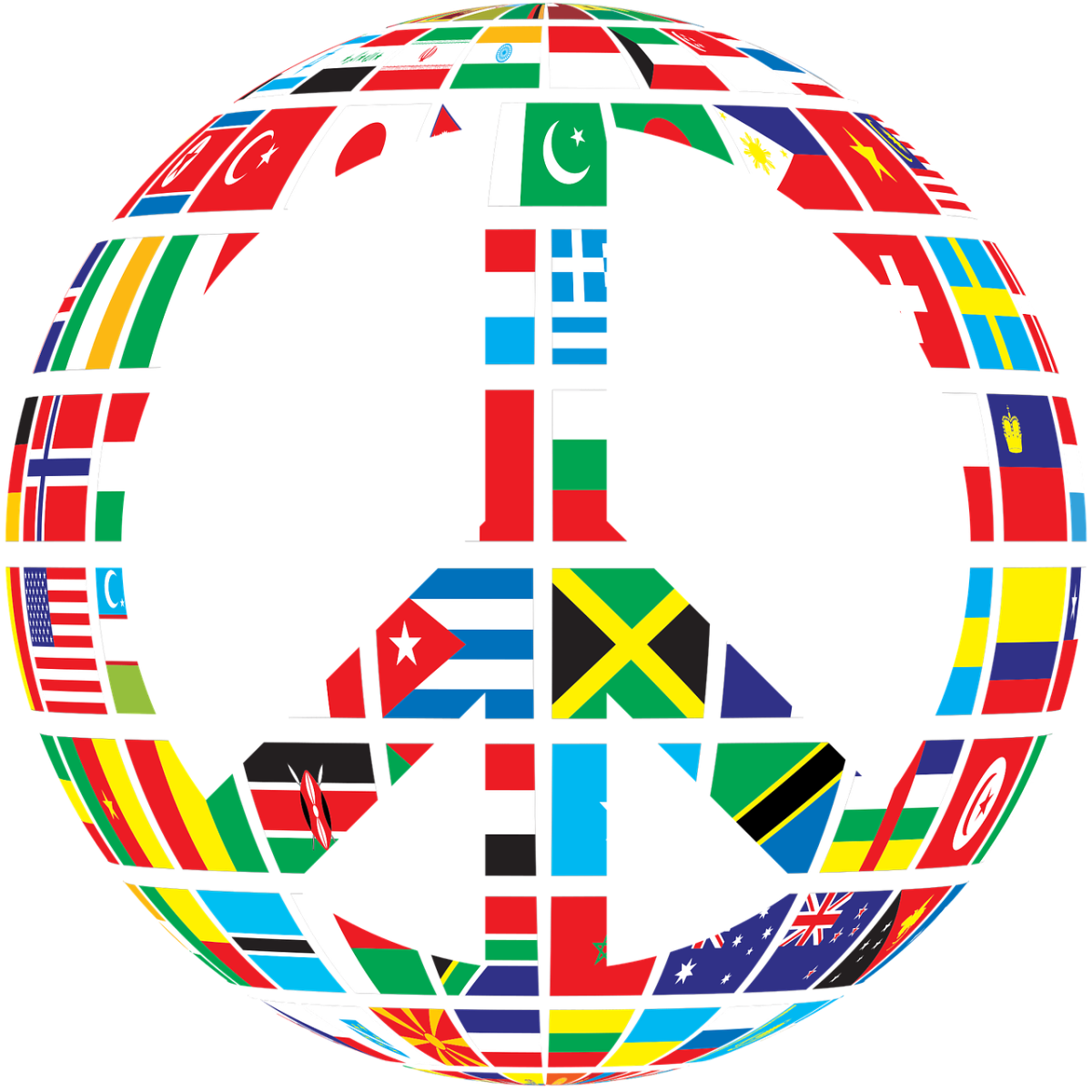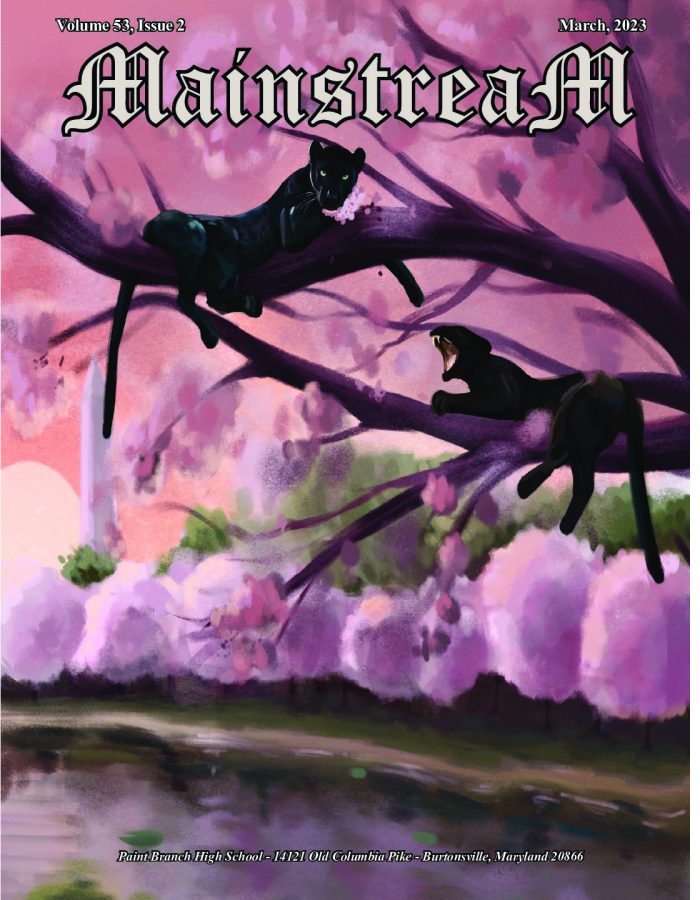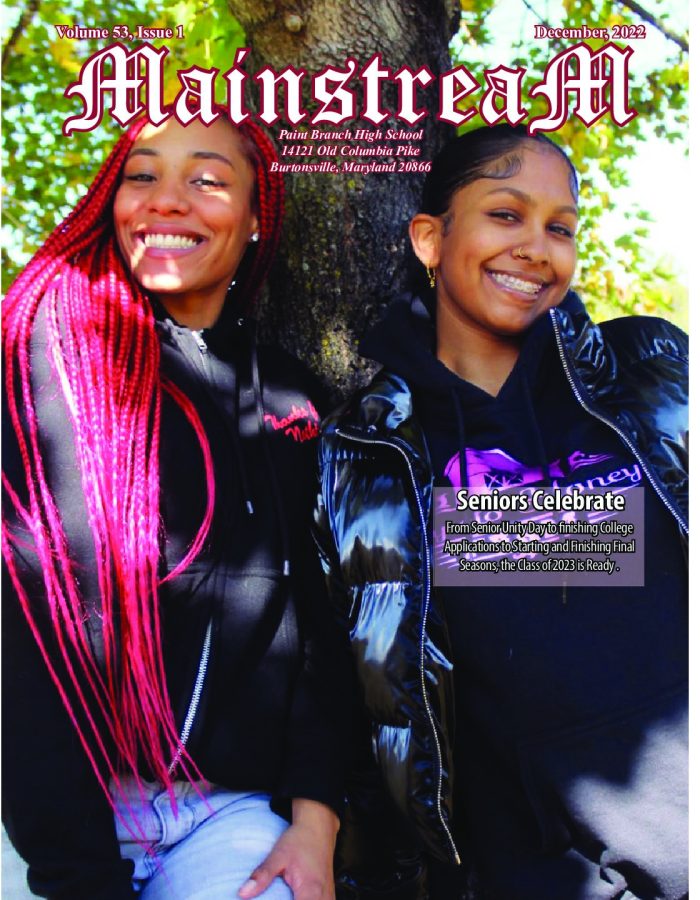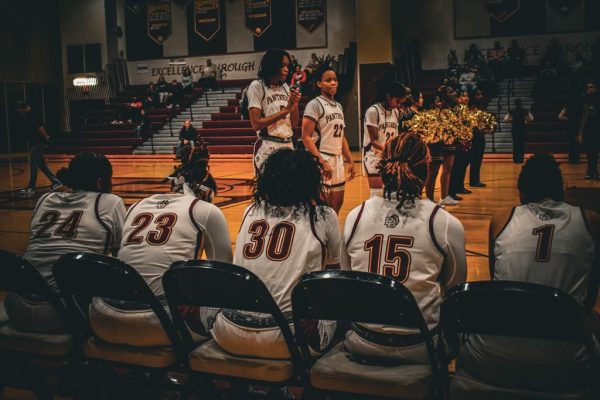To Be or Not To Be a Feminist
May 23, 2019
Movements such as “Me Too” have once again forced me to take a closer look at myself in relation to the word “feminist.” Am I one? Well, by definition, of course I am. According to Merriam Webster, feminism is “the theory of the political, economic, and social equality of the sexes.” Yes, as a girl myself, I wholeheartedly agree with this theory. So why the conflict you might ask? Well, countless factors have led me to be very hesitant in openly identifying as a feminist, so I don’t, because sometimes it doesn’t feel right to call myself that.
These thoughts first started around freshman year. I had gone to the 2017 Women’s March in Washington, D.C. However, my experience did not leave me inspired. To put it simply, it just wasn’t for me. I applaud the organizers of the movement, as well as the thousands of people who attended, but I just felt very uncomfortable the whole time. There was so much going on, and women walking around in pink “pussy hats” was strange to me. My legs hurt walking around for hours, and instead of feeling empowered, I just felt tired. After this experience I felt ashamed because I wasn’t feeling how I was expected to feel. Everyone else had this energy that I didn’t have. I don’t want to say that I don’t care about the cause, because I do. However, some people will go to great lengths for it that I just won’t do.
Something that really bothers me about some feminists is that they use their cause as an excuse to bully and belittle men who did absolutely nothing wrong to them. They turn absolutely everything into an Us vs. Them scenario that I find super annoying. If we want social equality, this is not the way to go about it. There are many, many men who have great respect for women and the feminist cause, so let’s stop putting them all in the same category.
Something that really made me turn sour toward feminists was learning that quite a few women’s suffragettes had racist tendencies and refused to recognize women of color in their movement. In a piece he wrote on the issue, Brent Staples from The New York Times mentioned, “When the black suffragist and civil rights leader Mary Church Terrell petitioned her white sisters for help, they responded that the disenfranchisement of black women was a race problem — not a gender problem — and beyond the movement’s writ.” This was basically a fancy way of telling someone that they don’t belong. They didn’t want to be bothered embracing black women into the movement and instead acted as if acknowledging them would be a chore. Even today, the term “white feminist” is used when women of color refer to acts of protest mostly performed by white women. How can I support this? How can I support something if the founders didn’t support my people?
The word feminist holds way more power than its actual definition. That is what makes it so complicated. It is a loaded term packed with many stereotypes that I’m not sure I fit, and its history simply further complicates the message. What I do know for sure is I am so happy at how far women have come in society. We have endured so much and we continue to break barriers down left and right. Women still have a ways to go in U.S. society before we can begin to call our nation a place of gender equality. If we all stick together – those who are fully committed to the cause and those who are a little more skeptical, but still caring – and remember to be inclusive, we will continue on this path of positive change.











